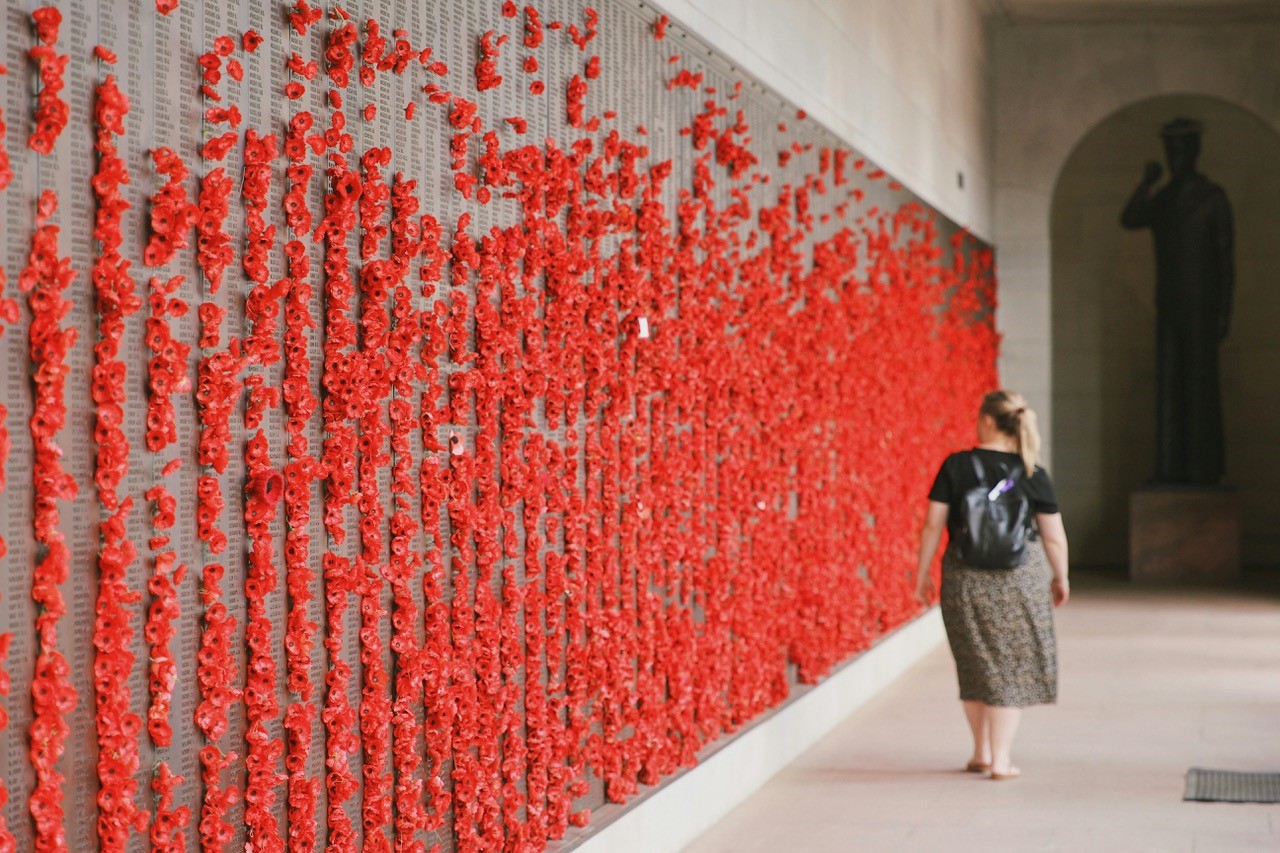
ANZAC Day (25 April) is a day of remembrance in Aotearoa New Zealand and Australia. In these times when church attendance is waning, the public liturgies of remembrance are becoming popular. Crowds gather for the dawn service, services at cenotaphs, the parade of returned service men and women and the laying of wreaths. Many more families are remembering members who were shipped overseas during WWI, WWII, the Korean War or the Vietnam War. Many of these soldiers and support staff did not return, while many others returned damaged in body and mind.
ANZAC Day reminds us that war is death-dealing. We remember and grieve together for the loss of so many of our people in wars far from our countries. We could focus on the heroism of the ANZACs and other soldiers. We could cover their trauma with platitudes. But the reality of war as it’s screened to our devices today, forbids us to sentimentalise or trivialise war — it’s horrific.
ANZAC Day reminds us that war unleashes inhumanity. When a war is ‘over’ it’s not tucked away, finished and done with — like tidying the house. The geographical, political, social, religious, physical and mental trauma lingers from generation to generation. Violence is committed as though it’s normal behaviour, rather than atrocity. Revenge is easily perpetrated dressed up in untruth. And the ‘winner’ is the side with the superior fighting power, rather than the moral right.
ANZAC Day reminds us that war hangs around. This is why we gather. It’s to remind ourselves as communities and as a society that war costs: the lives of fathers and mothers, brothers and sisters; villages and cities; forests and farms; livelihoods and security; relationships and trust. No one gains morally from war. The arms industry might try to persuade us that the latest inventions make war ‘clean’ — but they are propagating lies. They are invested in profit, and their technological genius is misguided. Their very presence is a temptation to war. That is why we challenge one another with the promise: “Never again”.
ANZAC Day reminds us that peace is hard work. At this time, more than earlier times, the social media industry spreads truthful news but, also disinformation and misinformation. It is easy to be persuaded about a message not because it is true but because it is repeated often.
ANZAC Day reminds us to seek the truth, to recognise messages that blame or demonise groups in society and to support fairness for all — at home and in the world.
ANZAC Day reminds us that the suffering and death of our ANZACs was their sacrifice to stop war forever. God help us now to keep the promise that “never again” will we think that war solves disputes.
Ann Gilroy rsj
